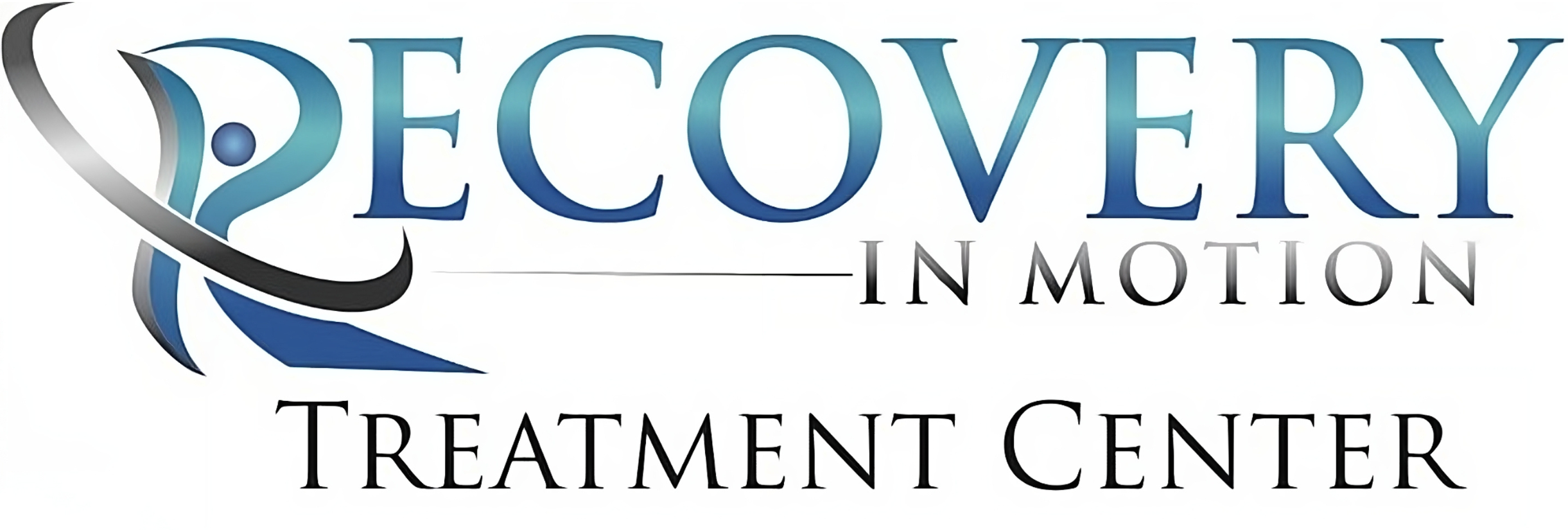Millions are facing the difficulties of substance abuse in American. This fact is brought to light even more with the opioid epidemic.
Addiction hurts individuals across all income brackets and racial groups. Whether you or a member of your family is seeking out help, you’ll need to make a choice regarding the best options for treatment.
The two main options for treatment are inpatient or outpatient programs.
The inpatient vs outpatient decision isn’t always an obvious one. What works for Jill the stockbroker might not work for Bill the waiter.
Making a wise decision means that you must understand the benefits and pitfalls of both options. Keep reading and we’ll give you an overview of both choices and their pros and cons.
Inpatient 101
Treatment centers conduct inpatient or residential rehab programs in a closed environment.
In other words, you live at the center. Depending on the program and your finances, you’ll stay in a private or shared room. For the most part, you’ll get little or no contact from the outside world.
Residential programs help people with numerous addictions, so there are many therapies on offer. You typically work with a doctor to pick the best options for you.
With a plan in place, you’ll participate in several kinds of therapy each day. These might include:
- Cognitive behavioral therapy
- Dialectical behavioral therapy
- Yoga therapy
- Music therapy
- Art therapy
Some treatment centers focus on talk therapies, while others embrace a holistic, whole person approach. A standard stay in rehab is around a month.
Inpatient Benefits
There are many benefits to an inpatient program. You face fewer distractions, courtesy of the closed environment. One key to the recovery process is having time to reflect on your life and how you make choices.
Inpatient rehab also removes most of your temptations. There aren’t any bars or convenient drug dealers drawing your attention.
The structured environment also limits the number of stressors you must deal with on a daily basis. You won’t find a demanding manager, a stack of overdue bills, or unfinished home repairs. You leave all that at the door.
You also benefit from 24-hour access to care and staff. If you experience a crisis in the middle of the night, someone is there who can help.
Inpatient Drawbacks
You also face a few drawbacks in an inpatient program.
You’re in isolation from the outside world for the entire month if you see it through. That means any career or family obligations go unmet. Some employers will look for excuses to fire you if they discover you entered rehab.
Inpatient programs also cost a lot. You might get partial coverage from insurance, but many people who enter rehab must finance some of the cost. Depending on your financial situation, this can prove unmanageable.
Inpatient programs are especially difficult for single mothers or fathers. Unless a family member can take in your kids, there isn’t a good way to go away for a month.
Outpatient 101
With inpatient programs out of the way, let’s move on to outpatient programs.
Outpatient programs aim at the same goals, so there’s a lot of crossover in terms of treatment. You still get treatment at a rehab center, but you don’t live there. Every facility develops a policy about how much time you’ll spend there, but you can expect something in the neighborhood of 10 hours a day.
You attend group meetings and individual therapy sessions. They’ll probably encourage you to join a 12-step program for more support between your appointments.
It’s also fairly common for treatment centers to perform weekly or random drug tests for those in an outpatient program.
Outpatient Benefits
Outpatient programs do provide several benefits.
Since you aren’t at a treatment center full time, you can generally keep up with career obligations. This is often a boon for anyone who’s under the gun financially.
Outpatient options often prove essential for single parents who cannot walk away from their families for 4 weeks. Hiring a babysitter isn’t nearly as difficult as finding full-time childcare.
Outpatient groups are also on the smaller side, which means you get more interaction with your counselors.
The cost for an outpatient program is often less than an inpatient program. They still aren’t cheap, but the difference can make treatment accessible.
Outpatient Drawbacks
One of the biggest concerns in any outpatient program is the possibility of a relapse.
Relapse happens when someone starts using again after detox and staying sober for a while. An outpatient program can’t prevent you from seeking or getting offers of drugs or alcohol.
Let’s say your next door neighbor is your dealer. That means you get a daily opportunity to ask for drugs. It also lets your dealer make a daily offer of drugs.
What if your substance of choice is alcohol? With bars, liquor stores, and even grocery stores selling it, you’ll find yourself hard-pressed to avoid alcohol. That is a monumental amount of temptation that you must overcome.
You also never get a break from your triggers. If a bad job or stressful marriage contributes, you must deal with those triggers while learning coping techniques.
While there’s an argument that this prepares you better for coping in the long-term, it’s hard on a person in the short-term.
Inpatient vs Outpatient: What’s Best for You?
The inpatient vs outpatient choice isn’t one you should take lightly.
Inpatient programs offer a lot of benefits, like a break from daily stressors and more treatment. They are also expensive and require that you abandon your life for at least a month. If your job or family situation doesn’t allow for that, an inpatient program might prove out of reach.
On the other hand, outpatient programs leave you at the mercy of your triggers and surrounded by opportunities for relapse. This is partly offset by being able to stick with your family and job.
You must evaluate your situation to figure out whether an inpatient or outpatient program will serve you best.
Recovery in Motion offers both inpatient and outpatient rehab programs. For more information about admissions or our programs, please contact us today.




